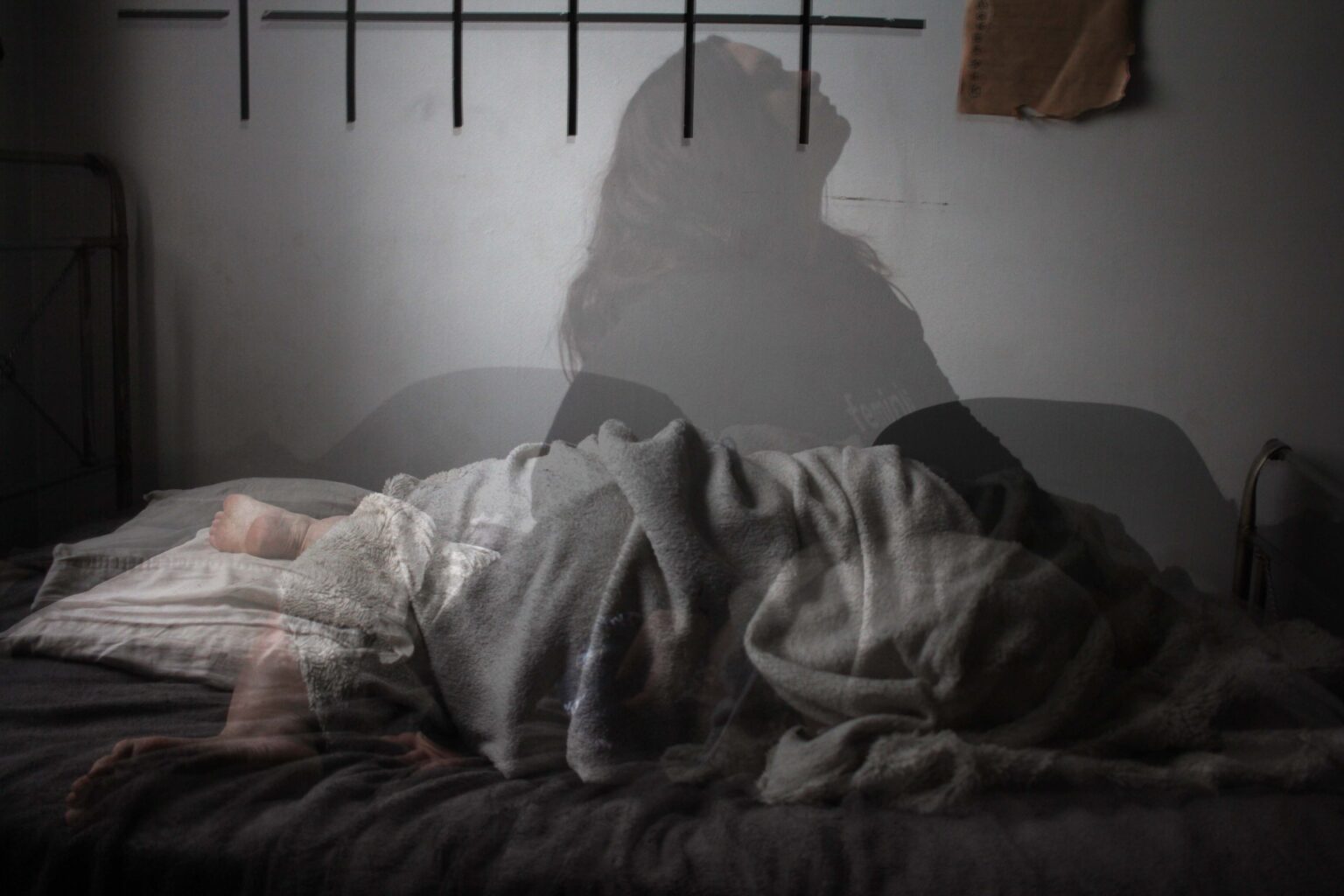In the past years, the world as we used to know has changed significantly. Nowadays, we live in a rush and stressful conditions, which may dramatically affect our (mental) health. Approximately one-fifth of the population suffers from a mental illness such as bipolar disorder, anxiety, or depression.
Bipolar disorder is a mental illness characterized by mood swings that range from manic to depressive episodes. Sometimes, living this kind of mental illness can feel like riding a roller coaster in the dark, despite the best efforts of your treating clinician. Although there is no cure for bipolar disease, treatment can help you manage the symptoms. Here is a list of six tips of complementary activities that may help you maintain mental health and support treatment of bipolar affective disorder, alongside the medication:
1. Spend time with your loved ones
Being surrounded by supportive, loving, and caring people can help you avoid heart disease as well as depression.
Did you know?
A hug from your loved ones raises oxytocin levels (our love hormone) which suppress cortisol (our stress hormone). As a result, hugging our relatives make us happy while also improving our mental health. Frequent hugging with your relatives can also help lower blood pressure, reduce the risk of cardiovascular disease, and boost your immune system.
2. Find a balance
Find harmony between the different aspects of your life such as work, family, or leisure activities. Maintaining a work-life balance helps reduce stress and prevent mood disorders and burnout.
We often forget about scheduling time for the activities we enjoy the most. Whether it is listening to favorite songs, exercising, going for a walk in nature, meditation. Try to implement these kinds of activities into your week on a regular basis. For example, you can schedule a fun day every week, when your time will be blocked out only for the activities that make you happy.

3. Put yourself first
Self-care and self-love mean taking care of yourself physically as well as mentally. Look after your basic needs such as feeling safe and loved, sufficient rest colluding with enough me-time. Take every opportunity to remind yourself how beautiful, intelligent, and brilliant you are.
Moreover, learn to say NO to things or people that make you feel unhappy, stressed, disrespected. Your feelings matter the most, and there is nothing wrong if you prioritize your needs over someone else’s.
Additionally, try asking yourself “How do you feel today?” a several times a day, and even your body may give you the answer. Listen to it and respect it.
4. Enough quality sleep
Quality sleep is crucial for both our mental and physical health, especially when it comes to affective disorders. Set up an everyday schedule with a regular wake-up time and bedtime at a reasonable hour.
Maintain a constant sleep duration, recommendatory at least 8 hours a day. Irregular sleep patterns significantly increase the risk of developing an affective episode. Reducing sleep to 5 hours (or less) a day may affect your mood changes within a week. On the other hand, overlong sleep interferes with our regular daily rhythm, which can also cause a mood swing.
5. Dietary habits
A healthful diet is an important part of lifestyle habits for a person dealing with bipolar disorder. Ensure a varied, well-balanced diet that includes plenty of fresh fruits and vegetables, cereals, and nuts. Moderate consumption of dairy products, fish, poultry, and eggs is also beneficial for you. Develop a weekly meal plan and try to stick to a regular eating schedule. If you are into cooking, learn new recipes for delicious meals, it may help you reduce stress from everyday working life.

6. Don’t be afraid to look/ask for help.
It is essential to realize that you are not alone at any phase of your journey, and you do not need to deal with everything all by yourself. Do not hesitate to look for help if there is anything you are not certain about. There will always be someone willing to give you a helping hand. To receive and accept help is one of the most beneficial things anyone with mental health problems can do for themselves.

To sum up, these complementary activities alongside medical treatment can help you manage the symptoms of bipolar disorder and stabilize your mood swings.
If you have any questions, don’t hesitate to ask your clinician, or you can contact our team of specialists that will gladly offer you a helping hand for better understanding and managing your disease



